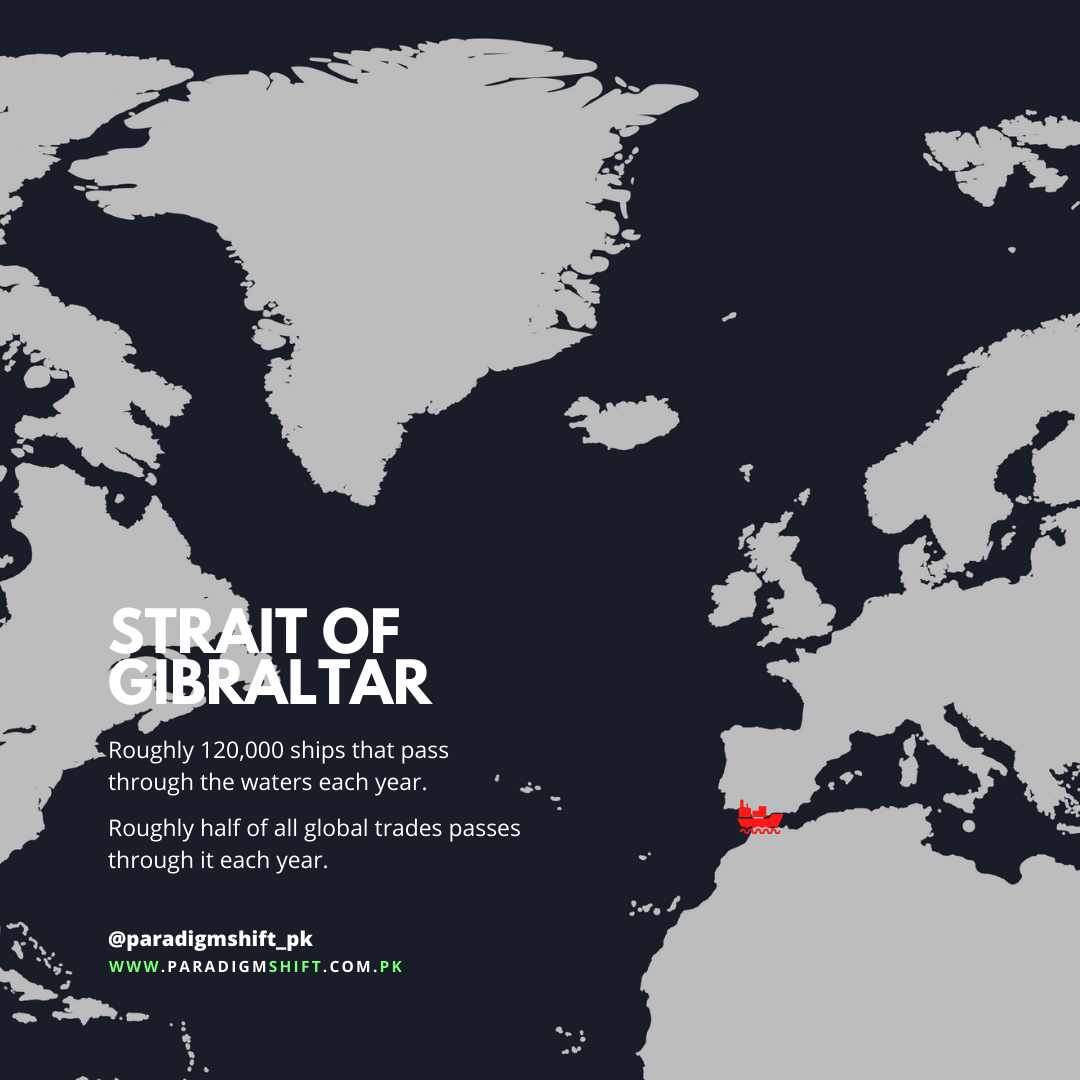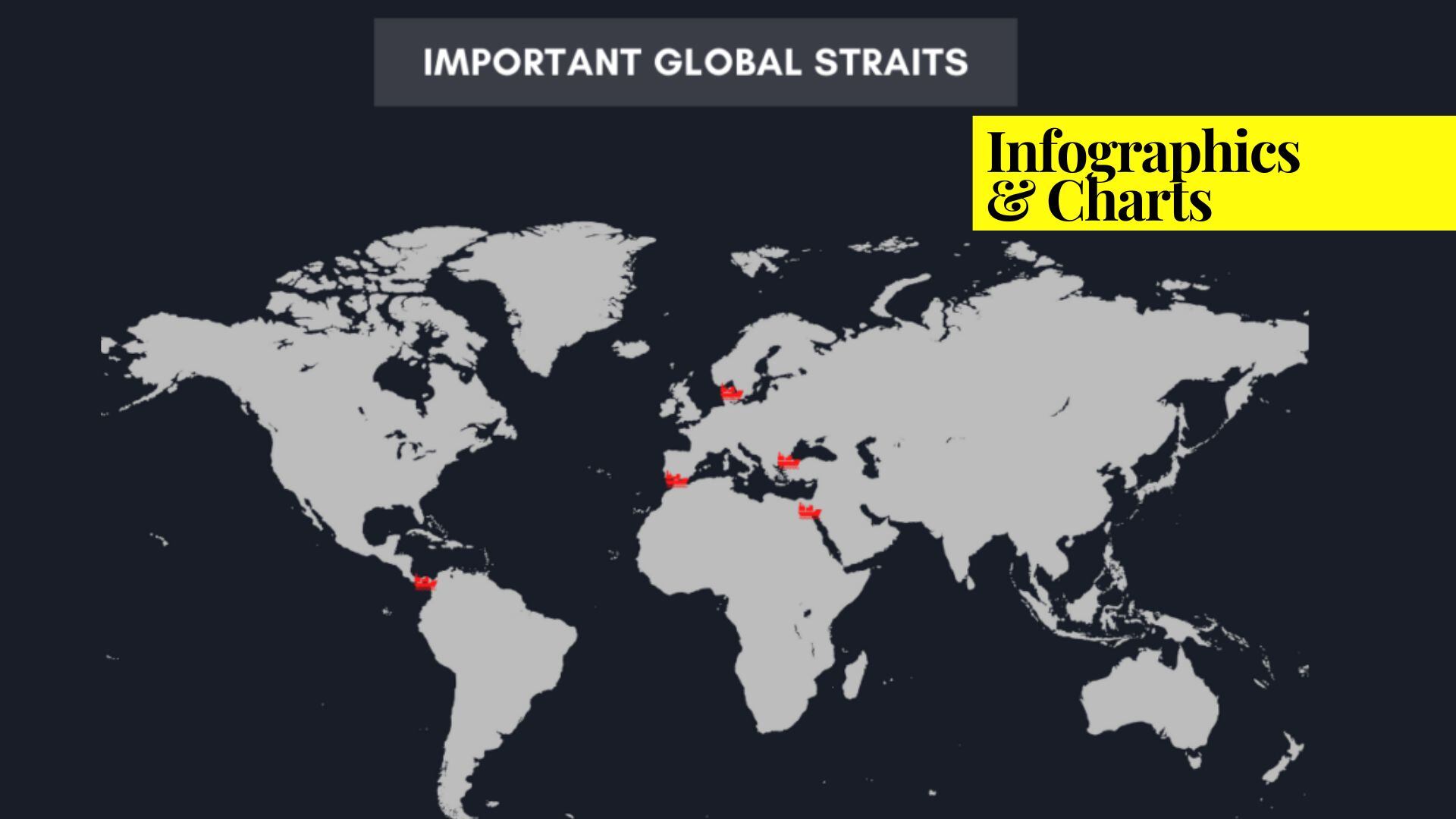As maritime passages and chokepoints, straits are indispensable to international trade, security, and navigation. They serve as critical links in the global maritime network, enabling the flow of goods, energy, and resources across continents. Among the renowned straits of the world, the Strait of Malacca stands out as one of the most significant. Situated between the Malay Peninsula and Sumatra, this vital chokepoint handles approximately 40% of the world’s trade, making it a linchpin for global commerce. Any disruption in this narrow waterway could have profound consequences for international trade and energy supplies.


In Europe, several straits hold strategic importance. The Turkish Straits, comprising the Bosporus and the Dardanelles, play a pivotal role in connecting the Black Sea to the Mediterranean, regulating trade and energy flow across Asia, Europe, and Africa. The Bosporus is particularly notable as the site of the planned Istanbul Canal, which is expected to enhance maritime traffic management in the region. Similarly, the Danish Straits facilitate access between the Baltic Sea and the North Sea, while the Strait of Gibraltar serves as the gateway between the Atlantic Ocean and the Mediterranean Sea, reinforcing its importance for trade between Europe, Africa, and beyond.



In addition to the natural straits in the world, man-made waterways like the Panama and Suez canals have revolutionized maritime trade. The Panama Canal, connecting the Atlantic and Pacific Oceans, eliminates the need for ships to navigate around South America, drastically reducing transit time. Meanwhile, the Suez Canal in Egypt links the Mediterranean Sea to the Red Sea, providing a crucial shortcut for ships traveling between Europe and Asia. These engineering marvels underscore humanity’s ability to reshape geography to meet the demands of global trade, reinforcing the strategic importance of both natural and artificial maritime passages.

If you want to submit your articles, research papers, and book reviews, please check the Submissions page.
Muhammad Ali Asif Javaid is currently pursuing his passion for medicine at the International Medical University (IMU), Kuala Lumpur, Malaysia. He is also an expert graphic designer.


